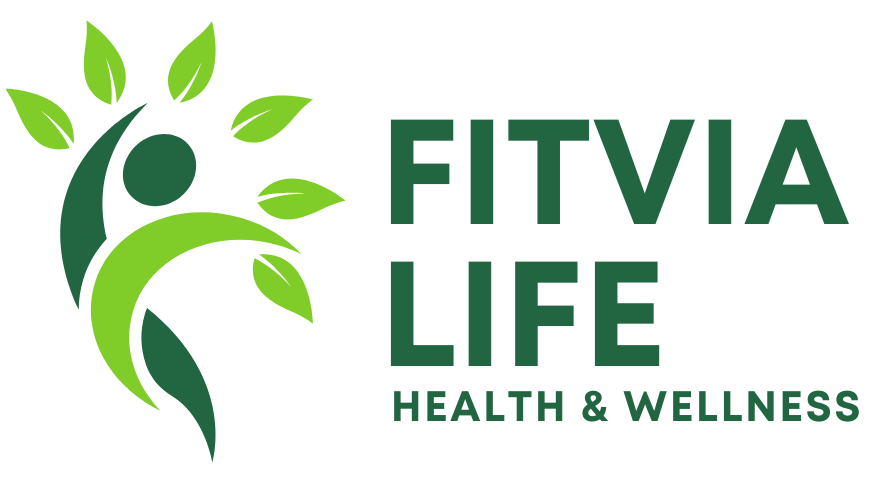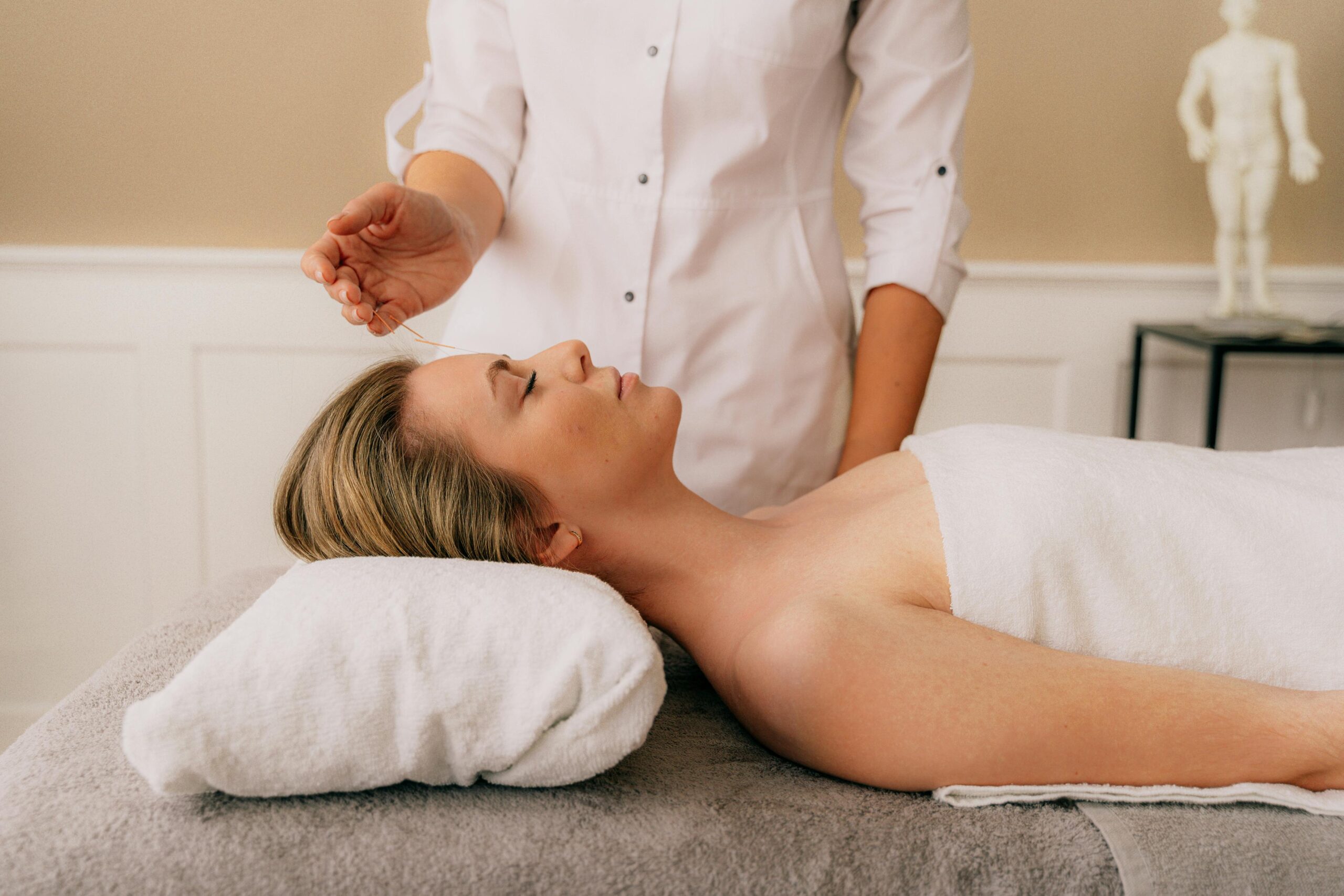In today’s fast-paced world, relaxation is no longer a luxury — it is a necessity. With increasing work pressure, digital distractions, and everyday responsibilities, finding time to unwind is essential for mental, emotional, and physical well-being. Learning how to relax effectively can significantly improve your quality of life, reduce stress, and boost overall productivity. Incorporating relaxation techniques into your daily routine allows for a healthier lifestyle, enabling you to face challenges with renewed energy and focus.
What is Relaxation?
Relaxation is the process of releasing tension and returning the body and mind to a state of calm. It involves slowing down your thoughts, letting go of worries, and allowing your body to recover from stress. While relaxation can be as simple as taking a few deep breaths, it also includes activities like meditation, yoga, listening to calming music, or spending time in nature. Understanding the different methods of relaxation can help you find what works best for you, leading to a more fulfilling life.
Benefits of Relaxation
Engaging in regular relaxation practices has a wide range of benefits. These include:
- Stress relief: Relaxation techniques help reduce the levels of the stress hormone cortisol in the body. For example, practicing mindfulness meditation has been shown to significantly lower cortisol levels, providing immediate relief from the day’s pressures.
- Improved sleep: Relaxing before bedtime can improve sleep quality and reduce insomnia. Establishing a nightly routine that includes relaxation techniques, such as reading or gentle stretching, can signal to your body that it is time to wind down.
- Better focus: A relaxed mind is more alert, creative, and able to concentrate. Engaging in short, focused relaxation breaks during work can enhance productivity and lead to better problem-solving.
- Lower blood pressure: Deep relaxation slows the heart rate and helps lower blood pressure naturally. Regular practice of relaxation techniques like yoga or tai chi can contribute to long-term cardiovascular health.
- Enhanced emotional health: Taking time to relax improves mood, reduces anxiety, and promotes emotional balance. Engaging in activities that bring you joy, such as art or music, can further enhance your emotional state.
Top Relaxation Techniques
- Deep Breathing
One of the simplest ways to relax is to practice deep, mindful breathing. Inhale slowly through the nose, hold for a few seconds, and exhale through the mouth. Repeat for several minutes to calm the nervous system. This technique can be done anywhere, making it an accessible option for stress relief. - Meditation and Mindfulness
These ancient practices train the mind to focus on the present moment, reducing mental clutter and promoting inner peace. Research shows that even a few minutes of meditation each day can lead to significant improvements in overall well-being. - Progressive Muscle Relaxation (PMR)
This technique involves tensing and then slowly relaxing each muscle group in the body, which helps release physical tension. It can be particularly beneficial for individuals experiencing chronic pain or muscle tightness. - Listening to Relaxing Music
Calming sounds or nature music can slow your heart rate and soothe your mind. Music therapy is an excellent tool for stress management, and different genres can facilitate various types of relaxation. Creating a personalized playlist can enhance your relaxation experience. - Aromatherapy and Essential Oils
Scents like lavender, chamomile, or sandalwood are known to promote relaxation and reduce anxiety. Using a diffuser or incorporating these scents into your bath routine can elevate your relaxation practices. - Spending Time in Nature
A simple walk in a park, beach, or forest can help you reconnect with yourself and lower stress levels. Nature has a calming effect, and even short excursions outside can enhance your mood and well-being.
Why You Should Prioritize Relaxation
When you make time for relaxation, you’re not just pausing from your busy life — you’re investing in your health. Studies show that people who engage in regular relaxation techniques have better immune function, improved digestion, and a more positive outlook on life. Prioritizing relaxation can lead to greater resilience against stressors and enhance your overall quality of life.
Incorporating small moments of calm throughout your day, even just 10-15 minutes, can create lasting changes in how you respond to stress. This can lead to better decisions, more meaningful relationships, and a deeper sense of contentment. Experiment with different techniques to discover what resonates with you, and make it part of your daily routine.
Final Thoughts
Relaxation is a vital part of living a balanced life. Whether you choose meditation, gentle music, or simply sitting quietly with a cup of tea, finding what relaxes you is a personal journey. Make it a daily habit and notice the transformation in your body, mind, and soul. Remember that relaxation is not just about the absence of stress; it’s about creating a lifestyle that fosters peace and joy.
Additional Resources
Here are some resources to help you on your relaxation journey:
1. Books on Relaxation Techniques: Consider exploring titles such as ‘The Relaxation and Stress Reduction Workbook’ or ‘Wherever You Go, There You Are’ for deeper insights.
2. Online Courses: Websites like Coursera or Udemy offer courses on mindfulness, meditation, and relaxation strategies.
3. Mobile Apps: Apps such as Headspace and Calm provide guided meditations and relaxation techniques that can easily fit into your schedule.
4. Community Workshops: Look for local workshops on stress management and relaxation techniques to connect with others and learn from experts.
5. Nature Retreats: Consider attending a retreat focused on relaxation and mindfulness to immerse yourself in a peaceful environment.
Read more: Top 7 Proven Nootropics and Productivity Tools in 2025 for Amazing Mental Focus

